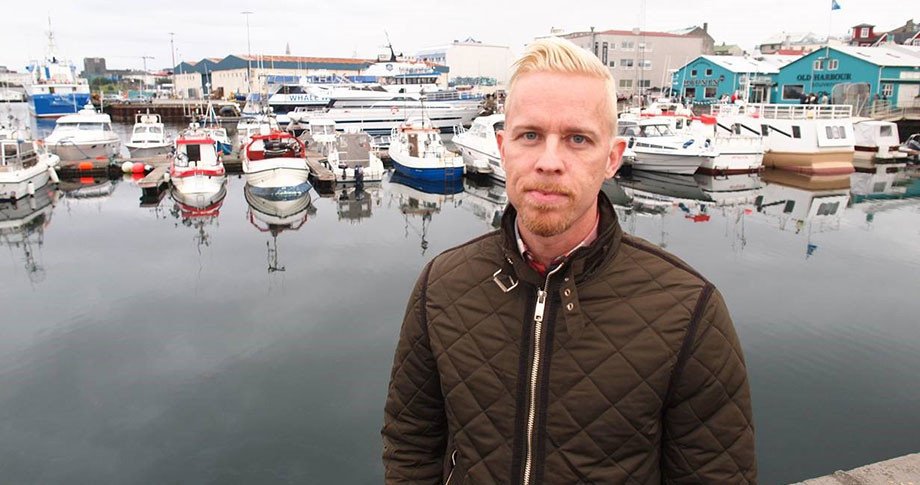- Námið
- Námsframboð
- Allt nám
- Grunnnám
- Félagsvísindi
- Fjölmiðlafræði
- Nútímafræði
- Lögfræði
- Sálfræði
- Lögreglufræði
- Kennarafræði
- Hjúkrunarfræði
- Iðjuþjálfunarfræði
- Líftækni
- Náttúru- og auðlindafræði
- Sjávarútvegsfræði
- Viðskiptafræði - stjórnun og markaðsfræði
- Viðskiptafræði - stjórnun og fjármál
- Viðskiptafræði - sjávarútvegsfræði
- Tölvunarfræði
- Tölvunarfræði Diplóma
- Sjávarútvegsfræði og viðskiptafræði
- Lögreglufræði fyrir starfandi lögreglumenn
- Lögreglu- og löggæslufræði
- Sjúkraliðar öldrunar- og heimahjúkrun
- Sjúkraliðar samfélagsgeðhjúkrun
- Tæknifræði
- Tölvunarfræði
- Framhaldsnám
- Auðlindafræði
- Félagsvísindi
- Fjölmiðla- og boðskiptafræði
- Heimskautaréttur
- Lögfræði
- Menntavísindi - Almennt svið
- Menntavísindi - Lestrarfræði
- Menntavísindi - Sérkennslufræði
- Menntavísindi - Stjórnun og forysta
- Menntavísindi - Upplýsingatækni
- Menntunarfræði
- Menntunarfræði diplóma
- Viðskiptafræði
- Heilbrigðisvísindi
- Endurhæfing
- Geðheilbrigðisfræði
- Heilsugæsla í héraði - fræðileg
- Heilsugæsla í héraði - klínísk
- Krabbamein og líknarmeðferð
- Langvinn veikindi og lífsglíman
- Ljósmæður - heilbrigði kvenna
- Sálræn áföll og ofbeldi
- Starfsendurhæfing
- Stjórnun í heilbrigðisþjónustu
- Öldrun og heilbrigði
- Iðjuþjálfun
- Doktorsnám
- Verkir og verkjameðferð
- Sjávarbyggðafræði MA
- Haf- og strandsvæðastjórnun MRM
- Stjórnun sjávarauðlinda
- Menntunarfræði MT
- Starfstengd leiðsögn
- Diplómunám í menntavísindum MA
- Diplómunám: Nám og læsi - lestrarfræði
- Diplómunám: Nám og margbreytileiki - sérkennslufræði
- Diplómunám stjórnun og forysta í lærdómssamfélagi
- Diplómunám: Upplýsingatækni í námi og kennslu
- Sálfræði
- Heilbrigðisvísindi viðbótardiplóma
- Diplómanám Forysta í lærdómssamfélagi
- MS í Stjórnun
- MM í stjórnun
- Stafræn heilbrigðistækni
- Ráðgjöf í málefnum fólks með heilabilun
- Doktorsnám
- Skiptinám
- Símenntun
- Vísindaskólinn
- Miðstöð skólaþróunar
- Sækja um
- Upplýsingar
- Námsframboð
- Stúdentinn
- Rannsóknir
- Samfélagið
- Háskólinn
- Um HA
- Fræðasvið og deildir
- Hug- og félagsvísindasvið
- Heilbrigðis-, viðskipta- og raunvísindasvið
- Stjórnskipulag
- Háskólasvæðið
- Starfsfólk
- Stefnur og áætlanir
4. apríl 2018
Hlýtur styrk til doktorsnáms við Háskólann í Durham
Mikael Lundmark hlaut á dögunum styrk til doktorsnáms við Háskólann í Durham í Bretlandi.

Mikael brautskráðist frá Háskólanum á Akureyri 2017 með LLM-gráðu í heimskautarétti. Guðmundur Alfreðsson var leiðbeinandi í meistararitgerð Mikaels sem ber heitið European Court of Human Rights for the Protection of Arctic Indigenous Peoples’ Land Rights.
Doktorsverkefnið snýr að DurhamARCTIC forritinu og útskýrir Mikael það hér:
“Arctic research differs from Antarctica research, to the south, land claims are frozen in time through an agreement. In the north, such demands are usually frozen by historical events that make it difficult to prove rights and bring about a correction of historical land grabs. I speak primarily about the rights of the Sami to their homeland, and we see that in court cases in Scandinavia, the courts fail to take into account the close relationship that the Sami have with their traditional land”, explains Jan Mikael Lundmark, who specialises in Arctic research. He was recently awarded a scholarship, as one of 15 doctoral students, at the Durham Arctic Research Centre for Training and Interdisciplinary Collaboration (DurhamARCTIC) at the University of Durham, United Kingdom.
“When studying land rights of the Sami in Scandinavia you are not dealing with a homogeny legal system. You are dealing with law as applied at a national level, concerning a sensitive area, as control to and access to land is attached to great economical values for the national state. Today we see that the Scandinavian countries, Norway, Sweden and Finland, have taken different approach to Sami rights, were for example Norway have signed ILO Convention 169, Indigenous and Tribal Peoples Convention, whereas Sweden and Finland have not. On top of this you have the European Court of Human Right who are working for a more homogenous system of human rights in all member states.”
The ILO Convention and the European convention differ when it comes to rights of land traditional occupied. Whereas ILO contains a right to have ownership of land traditional occupied recognised. The European Convention on Human Rights only recognised that everyone has the right to the peaceful enjoyment of his or her possessions.
“Legal research concerning the jurisprudence of the European Court of Human Rights regarding Indigenous peoples often come to the same result, the European Court is not a viable resort for indigenous peoples to seek reparation for historical land grabs. I beg to differ. I think that one of the problems is the approach that is taken when examining the matter, its to narrow and limited to the classical legal methods as applied when examining areas of a normal legal problem, but Sami matter is no normal matter, its very complex both historical and politically. My research at DurhamARCTIC is first of all interdisciplinary, being schooled in Anthropology it’s close at hand that we might add legal anthropology to my research. My research will also focus on moral philosophy and legal ethics, which are two important principles in law.“
The University of Durham is an Associate Member of the University of the Arctic (UArctic). UArctic is a cooperative network of universities, colleges, research institutes, and other organizations concerned with education and research in and about the North.
“My interest in Arctic land rights, indigenous peoples and the impact international law can have on national legislation became apparent through my participation in the Polar Law program at the University of Akureyri. The programme, which highlight many different legal areas regarding the polar areas, inspires to research with a holistic approach, something which is important when for example study the rights of the Sami, who lives in four countries, but still under the same umbrella of the European Court of human rights.”
